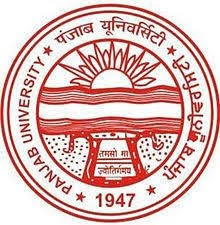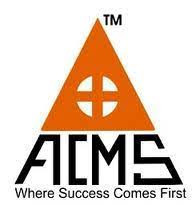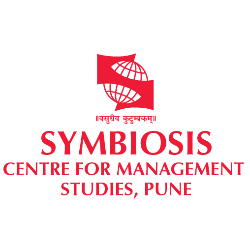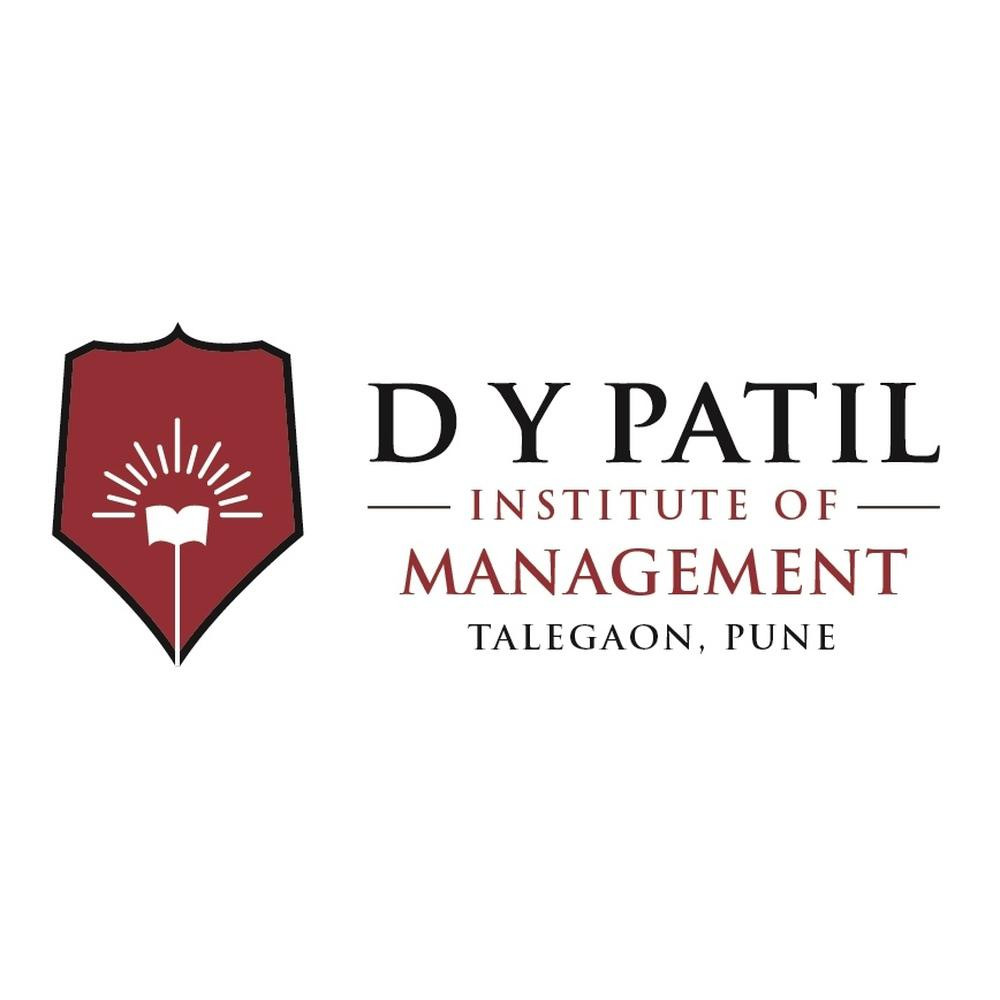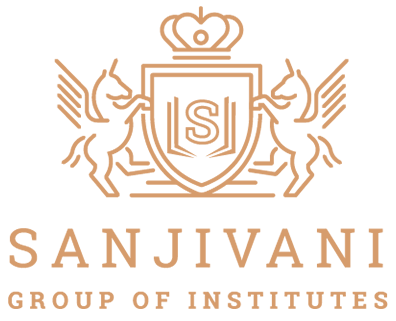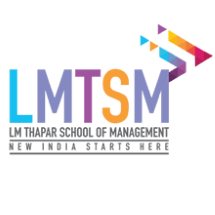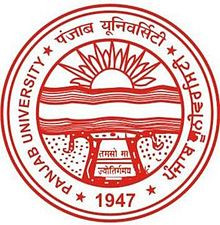MBA in Entrepreneurship Management course Highlights: -
|
Degree Name |
Masters of Business Administration |
|
Level |
Postgraduate |
|
Degree Duration |
Two years |
|
Education mode |
Fulltime, Part-time, Distance. |
|
Entrance Exams |
CAT, XAT, GMAT, SNAP, NMAT, CMAT, KMAT, ATMA, MAT, IIFT. |
|
Eligibility Criteria |
Graduation in any discipline |
|
Admission process |
Entrance Exam + Group Discussion + Personal Interview (GD-PI) |
|
Fees of the course |
Rs. 20,400 - Rs. 20.80 Lakhs |
|
Average Salary |
Rs. 5.60 LPA Starting Average |
|
Job profiles |
Business Journalists, Business Consultants, New Venture Developers, Fundraisers, and Development Officers, etc. |
MBA in Entrepreneurship Management Eligibility Criteria: -
- The candidate must complete graduation in any stream.
- The candidate must clear the entrance test with the required score.
- There is no upper age limit to do an MBA.
- The candidate in the final year of their Graduation can appear for the entrance exam.
Syllabus of MBA in Entrepreneurship Management:-
The MBA in Entrepreneurship Management syllabus will vary from college to college, but the course aims and subjects shall remain the same. While pedagogy is the college's decision, the overall course curriculum is standardised for holistic education. Hence, the subject distribution over the syllabus may differ, but the study matter remains consistent. Nevertheless, candidates should check the official website to know the complete syllabus. Here is a general guide to MBA in Entrepreneurship Management syllabus design, as commonly followed by Indian colleges:
|
Semester 1 |
Semester 2 |
|
Fundamentals of Entrepreneurship |
Social Entrepreneurship |
|
Principles and Practice of Management |
Business Environment |
|
Principles of Marketing Management |
Operations Management |
|
Accounting and Finance for Managers |
Corporate Communication |
|
Semester 3 |
Semester 4 |
|
Entrepreneurial Finance |
Business Environment and Ethics |
|
Introduction to Taxation |
Managing Diversity |
|
Production & Operations |
Rural and Industrial Marketing |
|
Project management |
Legal Aspects of Business |
|
Contemporary Issues in Strategy |
Technology Innovation and Sustainable Enterprise |
|
Managing Start-up Strategic Framework for SMEs |
Enterprise Resource Planning |
Next step after MBA: -
If a person wants to do further studies in management to improve his/her knowledge and skills than he/she can go for the following courses: -
- ISB Certificate Programme in Business Analytics (CBA): - The ISB Certificate Programme in Business Analytics, or CBA, is also known as the Advanced Management Programme in Business Analytics, or AMPBA. It is a 15-month short-term course after an MBA for mid-career professionals with 2-15 years of experience.
- PhD in Management: - PhD in management is one of the highest academic degrees awarded in the study of management science. It was designed for those seeking academic research and teaching careers as faculty or professors in management at business schools worldwide.
- Executive MBA: - Designed for working professionals at the mid-senior level, the Executive MBA is a shorter program that can add the ‘double MBA’ tag to your resume.
- Doctor of Business Administration: - DBA or Doctor of Business Administration graduates move to become leaders in the industry or the public sector. If you choose this course after your MBA, you will have several career options as a financial analyst, consultant, manager, or director.
- Project Management Professional (PMP): - The Project Management Institute or PMI issues Project Management Professional or PMP certification. It is a non-profit organisation in the area of project management. This certification is ideal if you wish to be a leading Project manager.
- Financial Risk Management (FRM): - This short-term course would be ideal for those who wish to work for investment banks, corporations, or asset management firms.
- Post Graduate Diploma in Computer Applications (PGDCA): - This course after MBA is conducted using programming languages like Java, C, and C Packages. Students also use operating systems like MS Office—Web Design, TALLY, and Oracle-VB for information handling.
- Operations Management: - This branch of Business Administration involves managing operations and analysing success and failure rates. If you take an operations management course after your MBA, you will be responsible for improving the company’s sustainability.
Employment after MBA in Entrepreneurship Management: -
After completing the MBA in Human Resource a person can apply for the following job profiles:
|
Jobs |
Average salary |
|
Business Journalists |
Rs 5.60 – Rs 12.30 LPA |
|
New Venture Developers |
Rs 3.30 – Rs 10.00 LPA |
|
Fundraisers |
Rs 5.30 – Rs 8.90 LPA |
|
Development Officers |
Rs 13.20 – Rs 25.30 LPA |
FAQs
- What are the eligibility criteria one must fulfil in order to pursue an MBA in Entrepreneurship?
Students who wish to pursue MBA in Entrepreneurship must have a bachelor’s degree in any relevant field from a recognized college or university with a minimum score of 50%.
- How much does it cost to pursue an MBA in an Entrepreneurship degree program?
The average tuition fee charged by colleges or universities for this course in India lies anywhere in between INR 5.10 LPA to 11 LPA. The fee is different for private and government institutes.
- Can I pursue an MBA in Entrepreneurship through distance learning mode?
Yes, the MBA in Entrepreneurship program is also offered through distance or correspondence mode. Some top colleges offering this course through distance mode are IGNOU, Delhi, Symbiosis Institute of Management Studies, Pune, Annamalai University, Karnataka, Narsee Monjee Institute of Management Studies, Mumbai, etc.
- What are some of the popular entrance exams conducted in order to shortlist candidates for admission into the MBA in Entrepreneurship degree program?
Some of the major all India management entrance exams conducted in order to shortlist students for providing admission into the course are CAT, XAT, NMAT, MAT, SNAP, CMAT, etc.
- What salary can a fresh MBA in Entrepreneurship graduate expect?
Fresh graduates of this course can easily expect compensation of INR 3 to INR 5 Lakhs per year.
- What is the scope of an MBA in Entrepreneurship?
MBA in Entrepreneurship graduates who do not plan to start a business can work as Business Consultants, New Venture Developer, Fundraisers, and Development Officer. They can also pursue a career in journalism by covering business beats for a news agency or publication. Even if you don't intend to start your own firm, an MBA in Entrepreneurship can offer up a variety of professional alternatives.
Other specialisations in MBA: -
MBA in H.R Management, MBA in Finance Management, MBA in Healthcare Management, MBA in I.T, MBA in Operations Management, MBA in Marketing Management, MBA in Business Management, MBA in International Business, MBA in Retail Management.






